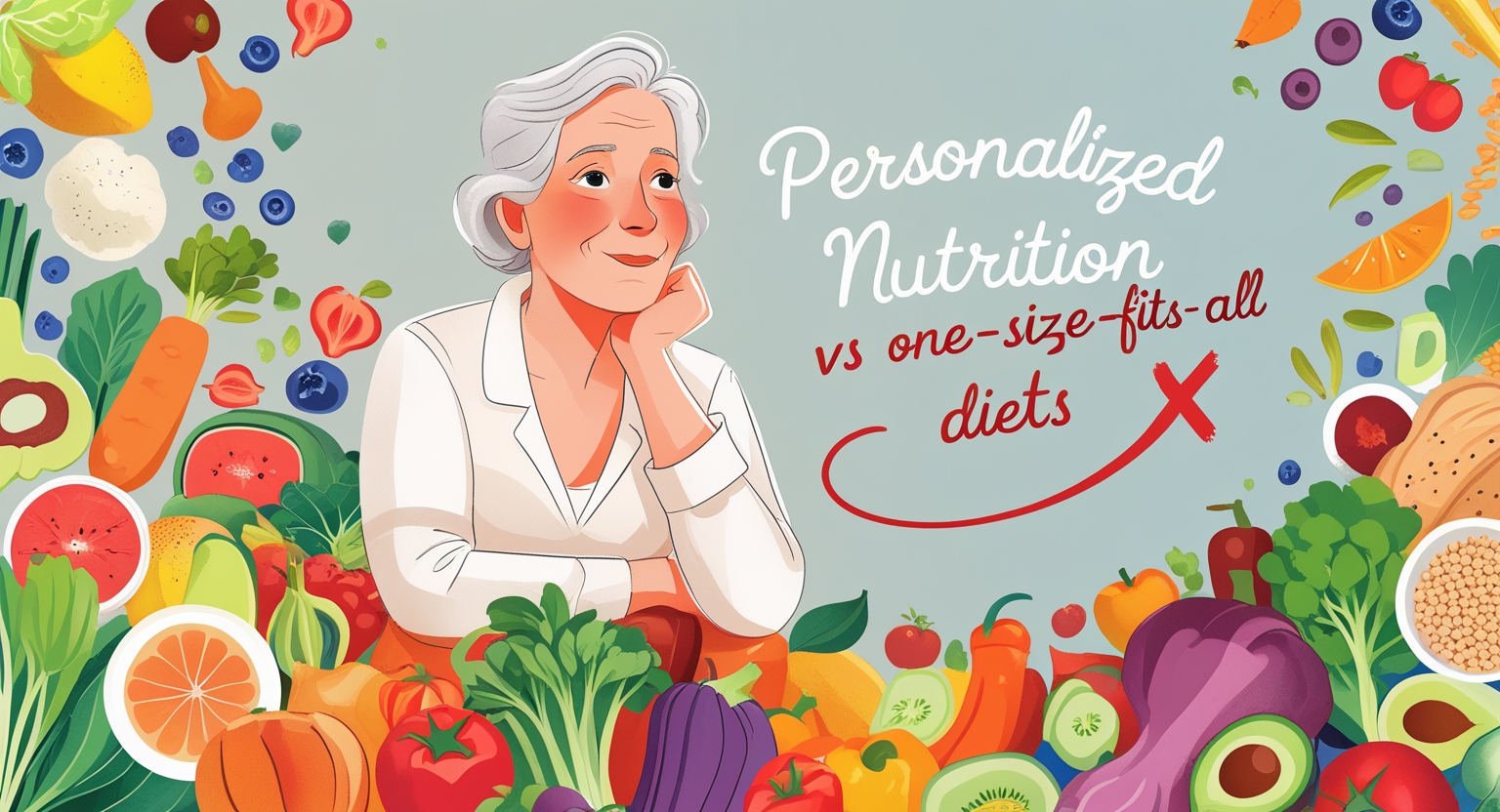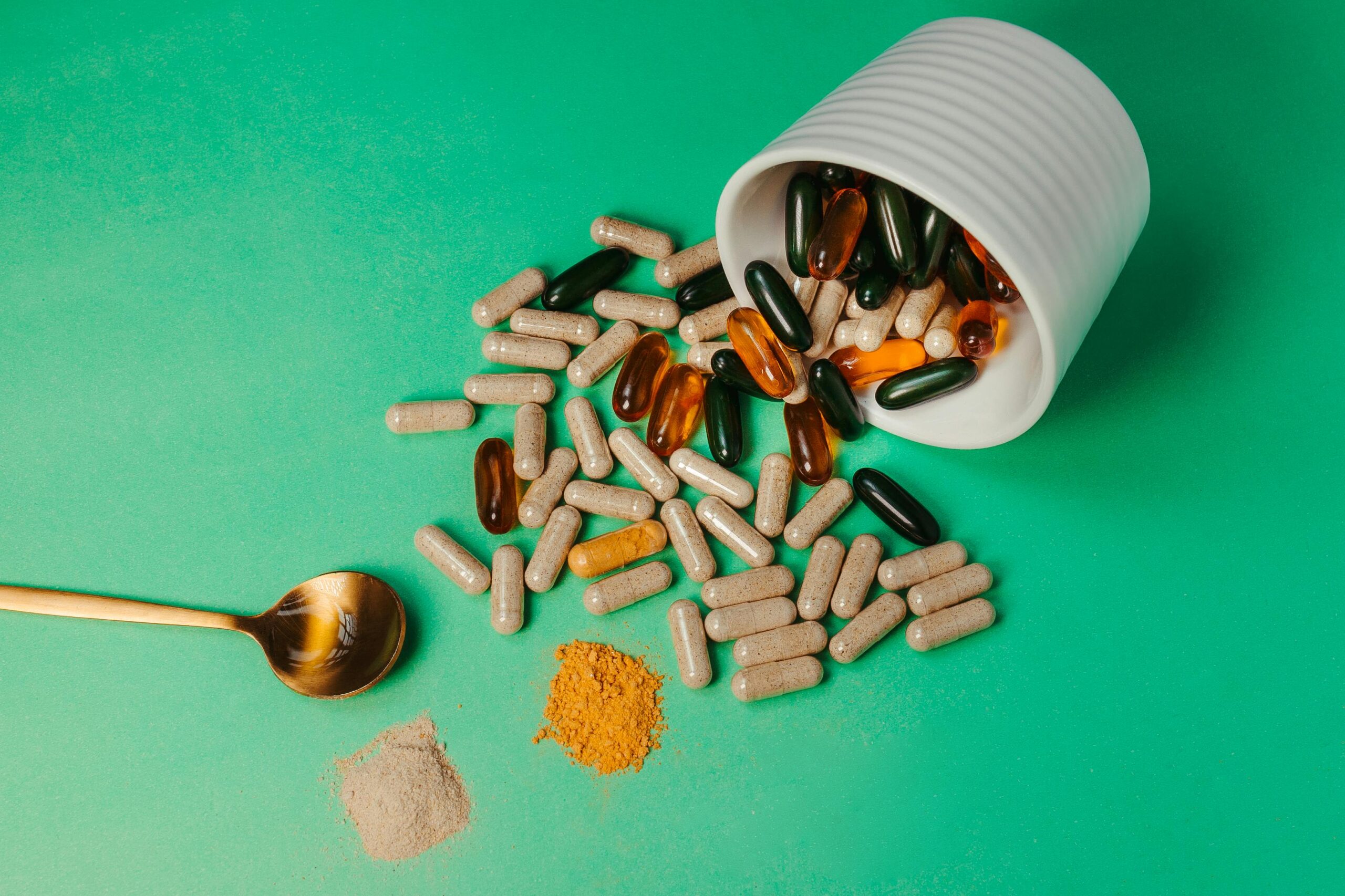You might have come across this anemia, and you don’t know the reason. There are several reasons for it, but actually, it is associated with iron deficiency.
It does not matter if you are fat or thin. But it is the deficiency of iron in the blood.
What is anemia?
Anemia, or anemia, which means “without blood,” lacks red blood cells and hemoglobin. This results in a reduced ability of blood to transfer oxygen to the tissues. This can occur in men or women without any discrimination.
This type of anemia can be attacked when the person is suffering from any other disease. This happens due to the lack of red blood cells and white blood cells in his body.
Women are at higher risk than men for the disease of anemia as they undergo pregnancy, monthly menstruation, and other changes.
What are the causes of anemia?
1. A large amount of blood loss (hemorrhage),
2. Excessive destruction of red blood cells (hemolysis)
3. A red blood cell count that is lower than normal.
4. A deficiency of oxygen in red blood cells.
5. A lack of iron.
6. Poor dietary habits.
7. Illness.
8. Adverse drug reactions, such as chemotherapy.
Anemia can be mild or severe, temporary or chronic. In the worst-case scenario, anemia can create a severe oxygen deficiency in bodily organs, leading to a heart attack.
Symptoms of anemia
Symptoms might start as almost unnoticeable but increase as the condition worsens. For these reasons, women are most at risk for this type of anemia.
1. Irregular menstrual cycles
2. Women who are pregnant
3. Suffering from internal bleeding as a result of ulcers or cancer
4. An iron-deficient diet is another symptom.
5. A lack of vitamin B12
6. A disease that interferes with the production of blood.
7. Chemotherapeutic side effects.
8. Poor diet.
Your body needs iron and vitamins to produce sufficient red blood cells, so the diet should be rich enough.
Your body needs iron and vitamins to produce sufficient red blood cells, so the diet should be rich enough.
9. Intestinal disorders.
Having an intestinal condition that affects the absorption of nutrients in the small intestine should be removed.
Having an intestinal condition that affects the absorption of nutrients in the small intestine should be removed.
10. Periodic Menstruation
In general, women are at greater risk of iron deficiency anemia than men because women lose blood and, with it, iron each month during menstruation, so they should be aware of it and have sufficient iron-containing foods.
In general, women are at greater risk of iron deficiency anemia than men because women lose blood and, with it, iron each month during menstruation, so they should be aware of it and have sufficient iron-containing foods.
11. Pregnancy.
Pregnant women should have more food containing iron-containing ingredients so that the iron is balanced for both the mother and the growing fetus.
Pregnant women should have more food containing iron-containing ingredients so that the iron is balanced for both the mother and the growing fetus.
12. Chronic conditions.
For example, if you have cancer, kidney or liver failure, or another chronic illness, you may be at risk as it can lead to a shortage of red blood cells.
For example, if you have cancer, kidney or liver failure, or another chronic illness, you may be at risk as it can lead to a shortage of red blood cells.
13. Family history.
If your family has a history of inherited anemia, you may also be at an increased risk of the condition, so you can take precautions for it when you know this.
If your family has a history of inherited anemia, you may also be at an increased risk of the condition, so you can take precautions for it when you know this.
Many types of anemia can’t be prevented. But with the help of our specialist’s natural herbal supplements, they can be cured. However, you can help avoid iron deficiency anemia and vitamin deficiency anemia by eating a healthy, varied diet that includes foods rich in iron, folate, and vitamin B-12.
Treatment of Anemia
The best sources of iron are beef and other meats. Other iron-rich foods include beans, lentils, iron-fortified cereals, dark green leafy vegetables, dried fruit, nuts, and seeds. Folate, and its synthetic form, folic acid, can be found in citrus juices and fruits, dark green leafy vegetables, legumes, and fortified breakfast cereals. Vitamin B-12 is plentiful in meat and dairy products. Foods containing vitamin C help increase iron absorption.
Eating plenty of iron-containing foods is particularly important for people with high iron requirements, such as children whose iron is needed during growth spurts and pregnant and menstruating women. Adequate iron intake is also crucial for infants, strict vegetarians, and long-distance runners.
You will get iron supplements or multivitamins containing iron for people with high iron requirements. But iron supplements are appropriate only when you need more iron than a balanced diet can provide. Don’t assume that if you’re tired that you need to take iron supplements. Overloading your body with iron can be dangerous. So instead of that, you have an alternate way of visiting our site and getting the herbal supplements that are naturally cured without any side effects.
Contact us today to learn more about how our custom compounded medications can help to treat your low red blood cell count, also known as anemia.
Contact us today to learn more about how our custom compounded medications can help to treat your low red blood cell count, also known as anemia.




